President: Nobody knows what tomorrow brings
The effects of the economic crisis cannot be overcome by popular measures, President Boris Tadić said on Sunday.
Sunday, 29.03.2009.
18:48

The effects of the economic crisis cannot be overcome by popular measures, President Boris Tadic said on Sunday. Addressing the electoral assembly of Rasim Ljajic's Sandzak Democratic Party (SDP) for Belgrade, Tadic stated that he is "ready to take responsibility for resolving the problems the state is facing". President: Nobody knows what tomorrow brings All measures for coping with the crisis have positive and negative sides, and all who are now criticizing the government would do better to help in resolving the problems, he said. Tadic asked the citizens "to be patient, as hasty measures will not bring happiness". He also called on Serbians to unite in overcoming the crisis, and pointed out that "now is not a good time to compete, since no one knows how long the crisis will last and what could happen". The citizens, the president sent his message, must be told that "nobody knows what tomorrow or the coming years will bring". "We are fighting with all our might, this is what I wish to tell the citizens. We are adopting measures and decisions that are very complex and exceptionally painful and difficult." "As you see yourselves, none of these measures is raising the government's popularity. These are painful measures, but if you make a careful and measured conclusion, you will see that nobody makes such painful measures because they like to," said Tadic. The government last week decided to ask parliament to adopt its decision to tax all salaries above RSD 12,000 (some EUR 125) with six percent. Tadic addressed the critics of these measures, to say that "none of those experts, not in Serbia, not abroad, had announced the economic crisis, or commented before it arrived". Still, he conceded that the huge state administration "is a problem". "Reducing the number of ministries does not mean a cheap state per se. A cheaper state means reducing the administration, but also optimizing it," the president was quoted as saying. Still, he hinted that public sector layoffs are not considered as an option: "Since we are a state ruled by law, we must decrease the administration in a legal manner, not by sacking people, because they have their rights defined by law. And in order to do that, we must also set aside redundancy money, which in the short term could be dramatically expensive for the state," said Tadic. Painful measures: Tadic, center (Tanjug)
President: Nobody knows what tomorrow brings
All measures for coping with the crisis have positive and negative sides, and all who are now criticizing the government would do better to help in resolving the problems, he said.Tadić asked the citizens "to be patient, as hasty measures will not bring happiness".
He also called on Serbians to unite in overcoming the crisis, and pointed out that "now is not a good time to compete, since no one knows how long the crisis will last and what could happen".
The citizens, the president sent his message, must be told that "nobody knows what tomorrow or the coming years will bring".
"We are fighting with all our might, this is what I wish to tell the citizens. We are adopting measures and decisions that are very complex and exceptionally painful and difficult."
"As you see yourselves, none of these measures is raising the government's popularity. These are painful measures, but if you make a careful and measured conclusion, you will see that nobody makes such painful measures because they like to," said Tadić.
The government last week decided to ask parliament to adopt its decision to tax all salaries above RSD 12,000 (some EUR 125) with six percent.
Tadić addressed the critics of these measures, to say that "none of those experts, not in Serbia, not abroad, had announced the economic crisis, or commented before it arrived".
Still, he conceded that the huge state administration "is a problem".
"Reducing the number of ministries does not mean a cheap state per se. A cheaper state means reducing the administration, but also optimizing it," the president was quoted as saying.
Still, he hinted that public sector layoffs are not considered as an option:
"Since we are a state ruled by law, we must decrease the administration in a legal manner, not by sacking people, because they have their rights defined by law. And in order to do that, we must also set aside redundancy money, which in the short term could be dramatically expensive for the state," said Tadić.


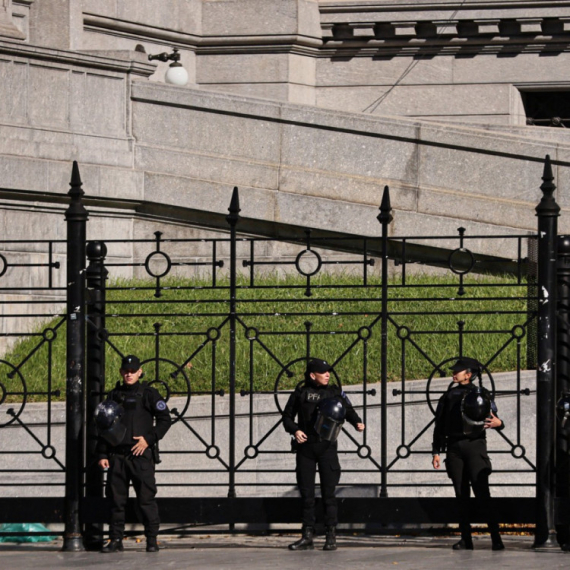
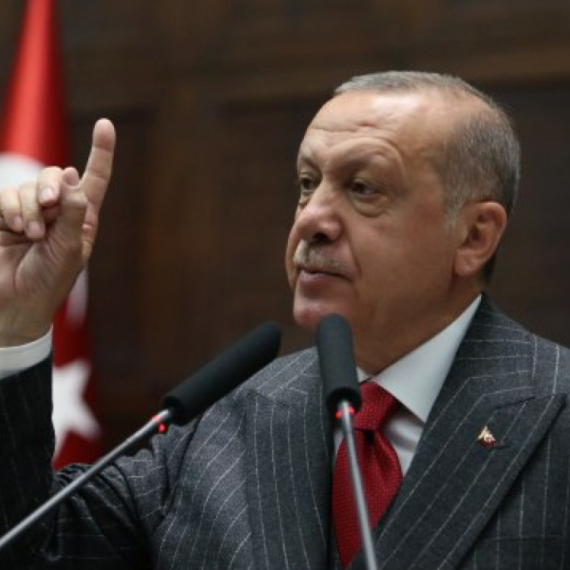
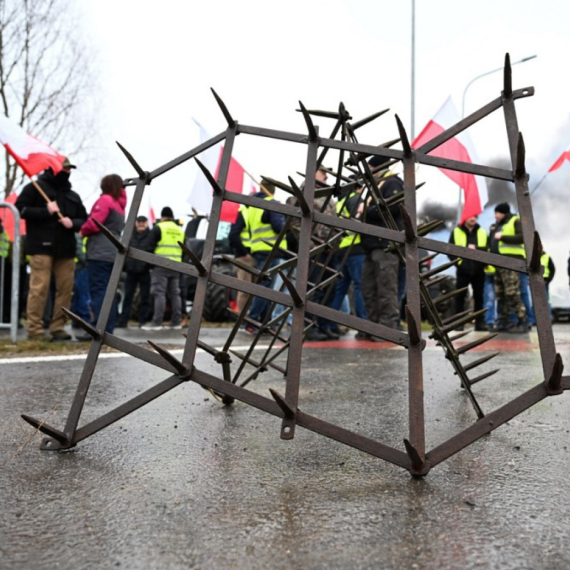


























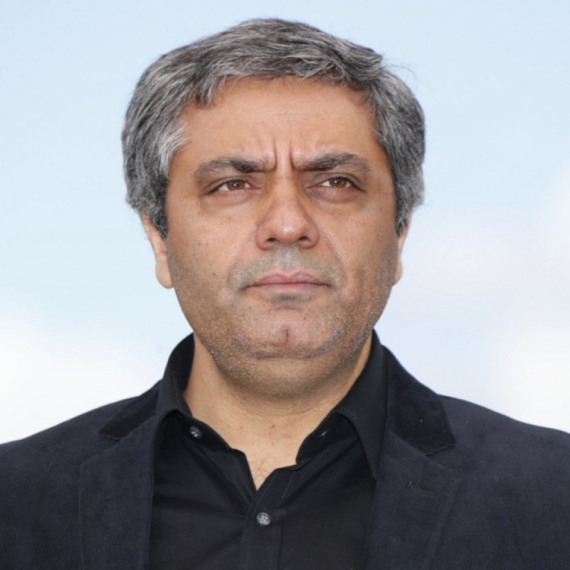



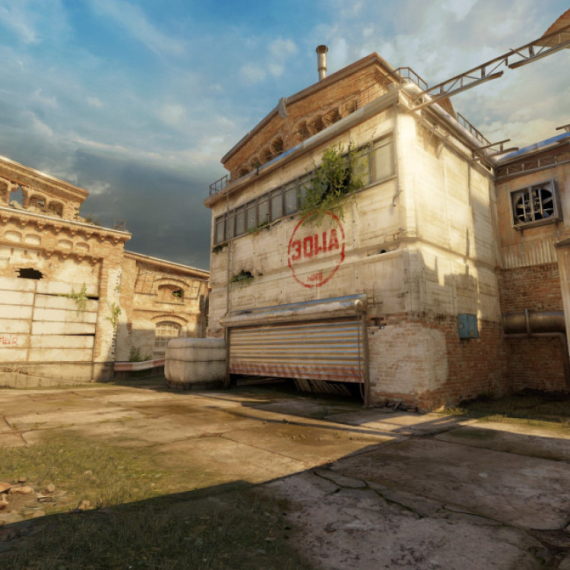



















Komentari 6
Pogledaj komentare